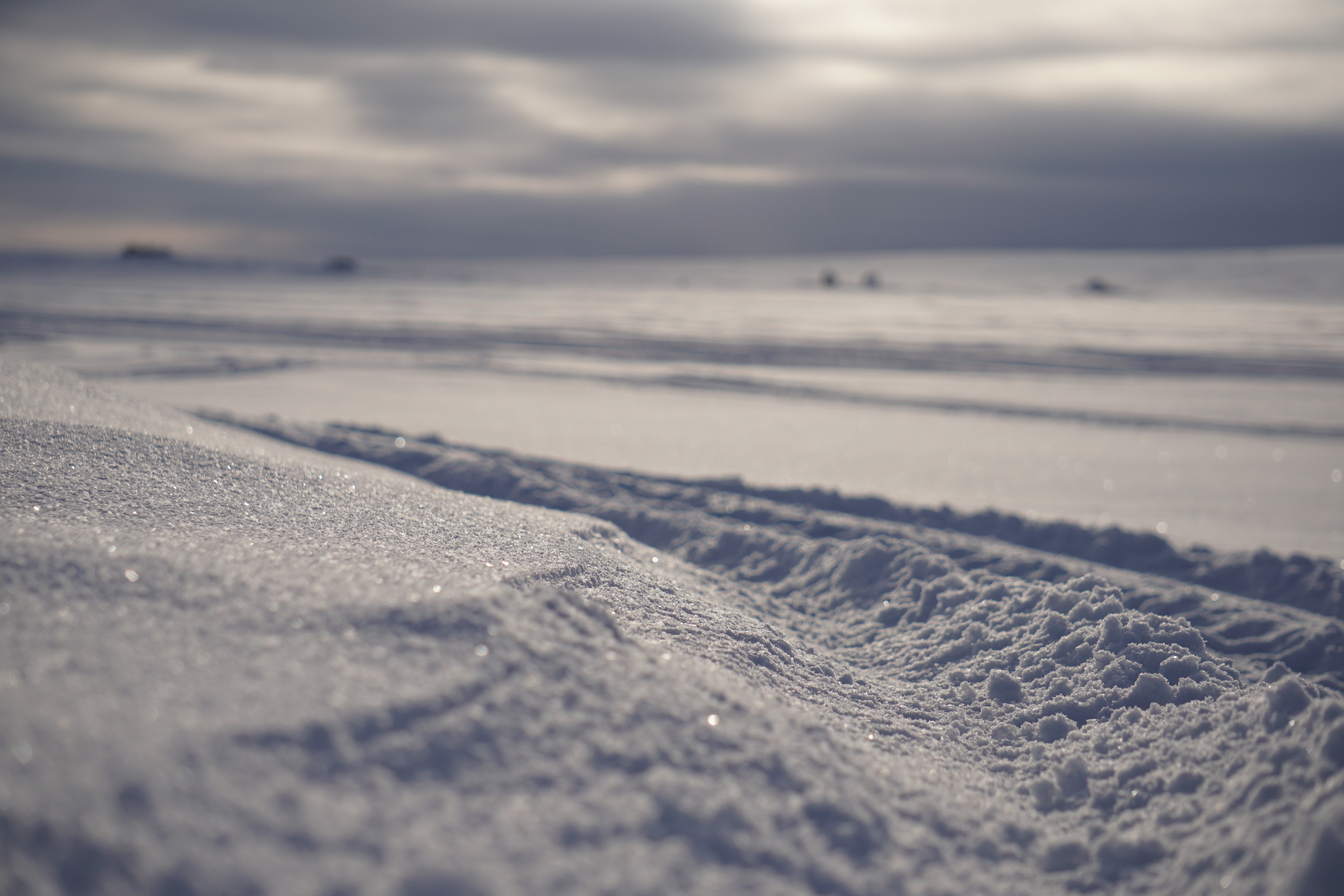Intra-dependency
When the world is understood as not consisting of fixed, clearly bounded, individual “things”, but rather as emerging phenomena in constant states of becoming- the world can no longer be understood to consists of “inter” dependent parts to a whole.
It rather starts performing through “intra” dependent relationships that are with-in themselves generative of “wholeness”.
Such wholeness no longer separates subjects (meaning-makers) from objects (observable phenomena), but considers these as co-constitutive.
We cannot know the world independent from ourselves.
Wayfaring and the Knowledge-Land-Scape
In fact, we (you, I and many others) have already started to move forward alongside each other in our emergent processes of becoming knowledgeable together.

The company for us to be- and think with in this knowledge-land-scape varies, but emerges for a large part from the encounters I had as I threaded my way through my fieldwork in the hamlets of Uqsuqtuuq (Gjoa Haven) and Salliq (Coral Harbour) of Kitikmeot- and Kivalliq regions in the territory of Nunavut respectively.
Possibilities
I was, for example invited to join along with caribou hunts, joined in with ice-fishing, rode an All-Terrain Vehicle to camp out at a fishing weir, collected ice, and took rides in the back of a qamutik (sled) to spend time at cabins, or check on breathing-holes and dens of seals. Within the communities, I learnt about the meaning of opening prayers at special meetings, and igloo building, as well as the “marginal”, every-day, material logistics that are part of land-based monitoring research projects in the Arctic, like car repairs, cargo transport, seasonal travel, and getting stuck for days during my regional travels multiple times due to blizzards and cancelled flights.
All those day-to-day practices hold possibilities to become spaces of cross-cultural exchange and knowledge co-production that move beyond data.
This cut, "Wayfaring the BearWatch Project", is all about recognizing such possibilities and responding to them through a practice of wayfaring.
"Stay with the Trouble" to explore how these ideas holds up against Indigenous paradigms, and to navigate this respectfully.
Or,
